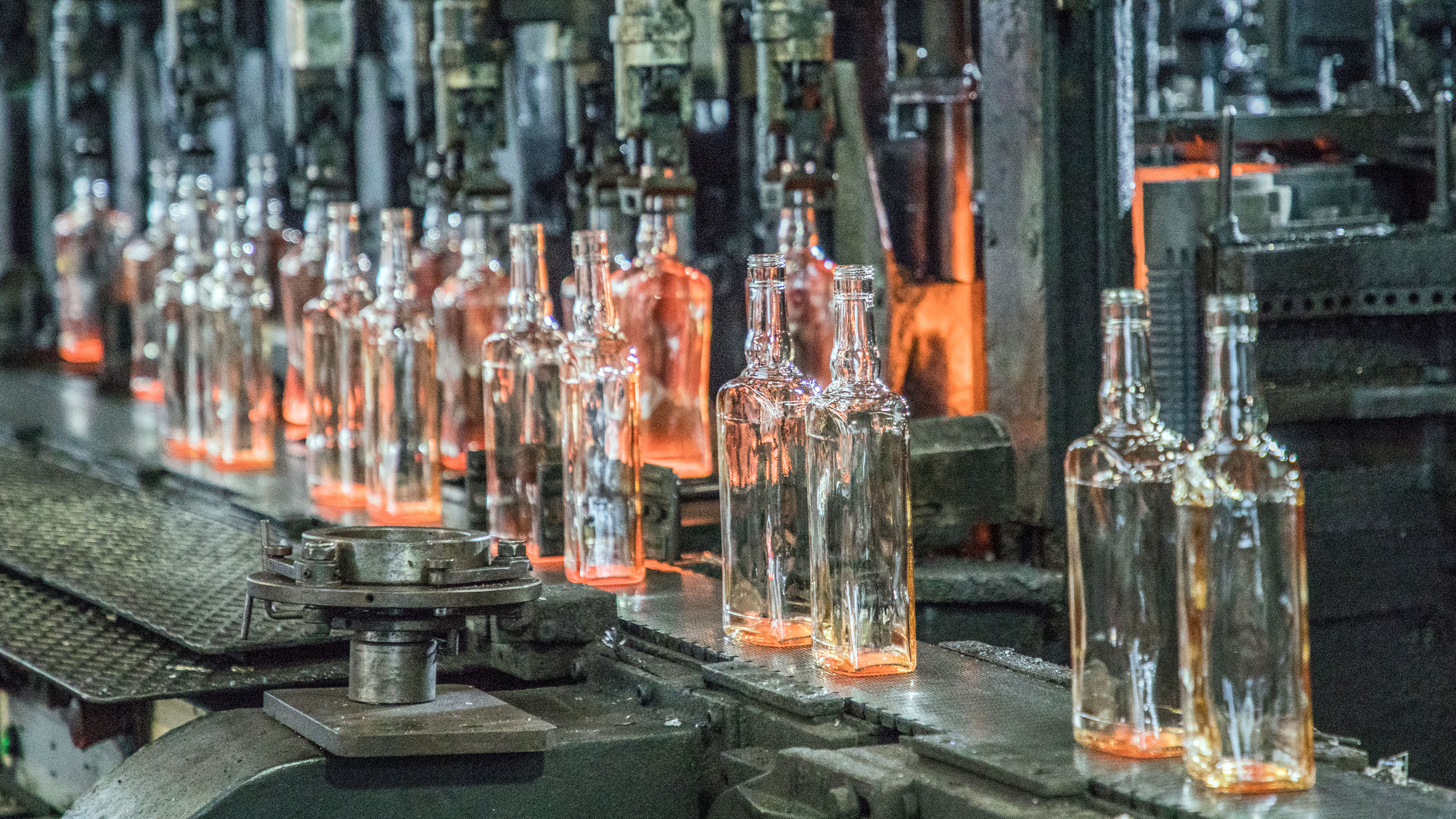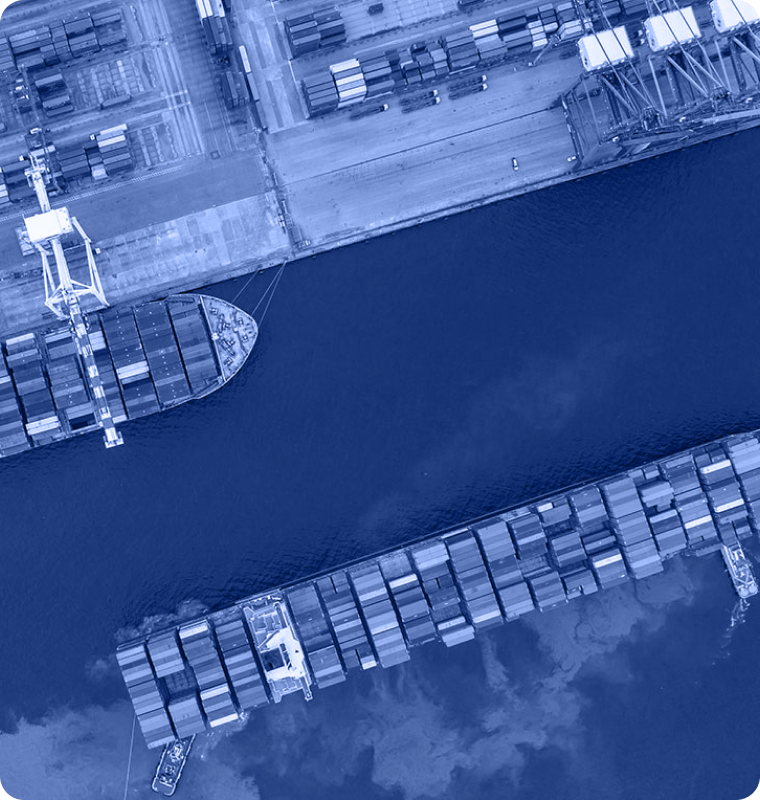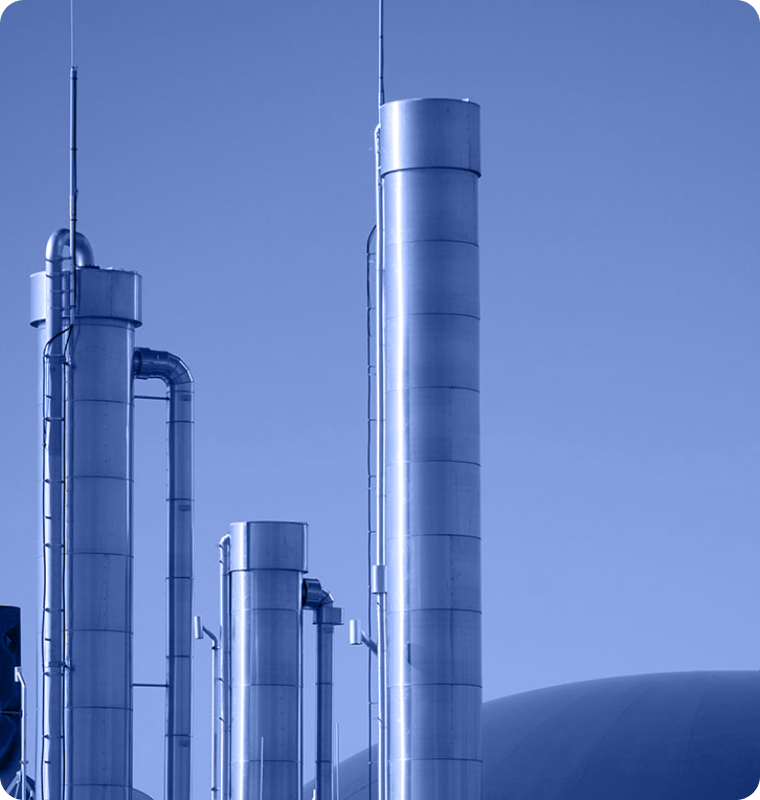CO2 Emissions
At the EU level, energy-intensive industries represent 17% of the EU’s total CO2 emissions, making their decarbonization indispensable to reaching climate neutrality in the EU.
INDUSTRY INSIGHT: ENERGY INTENSIVE INDUSTRIES


At the EU level, energy-intensive industries represent 17% of the EU’s total CO2 emissions, making their decarbonization indispensable to reaching climate neutrality in the EU.
Energy-intensive companies receive free allowances for their CO2 emissions from the European Union’s Emissions Trading System (EU ETS); however, the cap for free allowances is constantly reduced until it reaches zero in 2050.
Since companies need to pay for additional allowances to cover the excess emissions they cause, there is a steady market-driven mechanism to fully decarbonize their EU ETS plants.
The Challenge
Several parts of EU ETS plants have already been electrified, for example via renewable PPAs; however, production lines with high-temperature environments (i.e., >1,000 °C) are very difficult to electrify due to the high energy density requirements. Common examples of industries with high-temperature environments and major consumption of fossil natural gas include glass, steel, ceramics, and metal processing, where the entire production infrastructure is tailored to this energy carrier. Additionally, it is not straightforward to replace the energy carrier with other molecules, such as pure hydrogen, as product characteristics can be impacted within these sensitive high-temperature production conditions.
The Solution
Drop-In Ready
Infrastructure Utilization
Scalability
DEEP DIVE
Explore our in-depth analyses and expert insights on industry trends.
MARITIME

UTILITIES

Contact
TURN2X GmbH
Am Kartoffelgarten 14
81671 München
Germany
info@turn2x.com